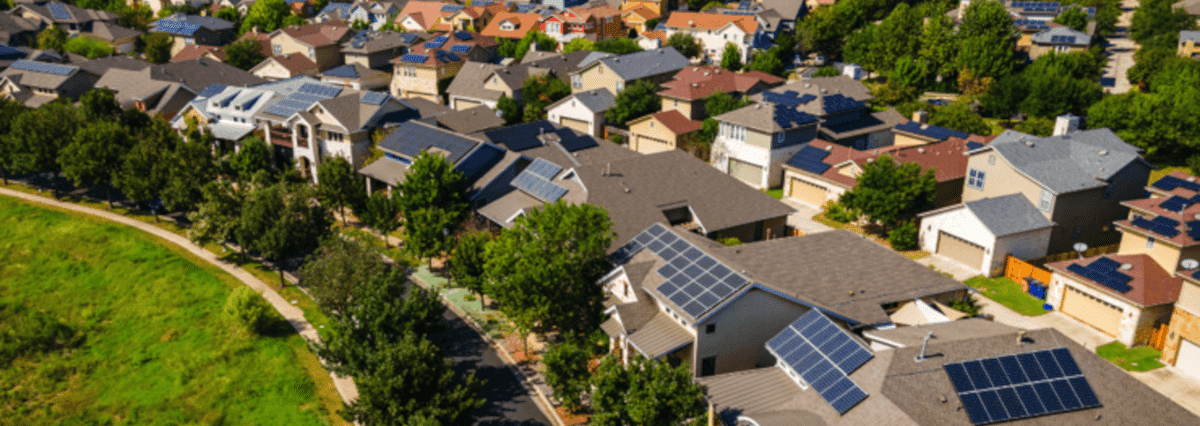Energy communities (community energy) as bottom-up key solutions in achieving energy independence based on renewables and decarbonization are low on Hungary’s agenda.
– Energy communities (community energy) could be a key solution to energy security and decarbonisation and need to be incorporated in the upcoming NECP.
– Hungarian Energy Strategy aims at least one renewable energy community in each (175) microregion.
– Prerequisites are – among others- predictable legal environment and broad access to the electric grid.
Energy communities (community energy) could be a bottom-up key solution in achieving energy independence based on renewable energy sources and decarbonizing Europe by 2030. Centralized energy systems are very vulnerable, thus energy transition also means a process of decentralization, where supply chains are shortened, energy production is brought closer to the consumer, even onto the roof of consumer’s house, as in the case of household solar systems.
Hungarian Energy Strategy aims that by 2030 at least one renewable energy community (managed by an independent aggregator) should operate in each (175) microregion of Hungary. Still, empowering local initiatives needs certain prerequisites.
Predictable legal environment is crucial for energy communities for two reasons: community-based decision making is time consuming but builds trust among members and, it increases communities’ trust in decision-makers.
Limited access to the electric grid is a huge barrier for energy communities. The integration of more renewable energy needs investments to increase flexibility of electricity grid. These should be supported by public funds. Also, regulation of distribution also needs to be updated.
Financial plans tend to neglect the issue. At the same time careful fine-tuning is needed for enable bottom-up initiatives instead of attracting giga-projects.‘Fast green lane’ for renewable energy communities is also needed: energy communities with common decision-making process and lower risk-taking capacity cannot compete with private companies, so they should be prioritized in auctions, e.g. in dedicated calls, as this pattern works well in certain countries.
Capacity building, national support schemes and one-stop-shops for energy communities should also be aligned.

